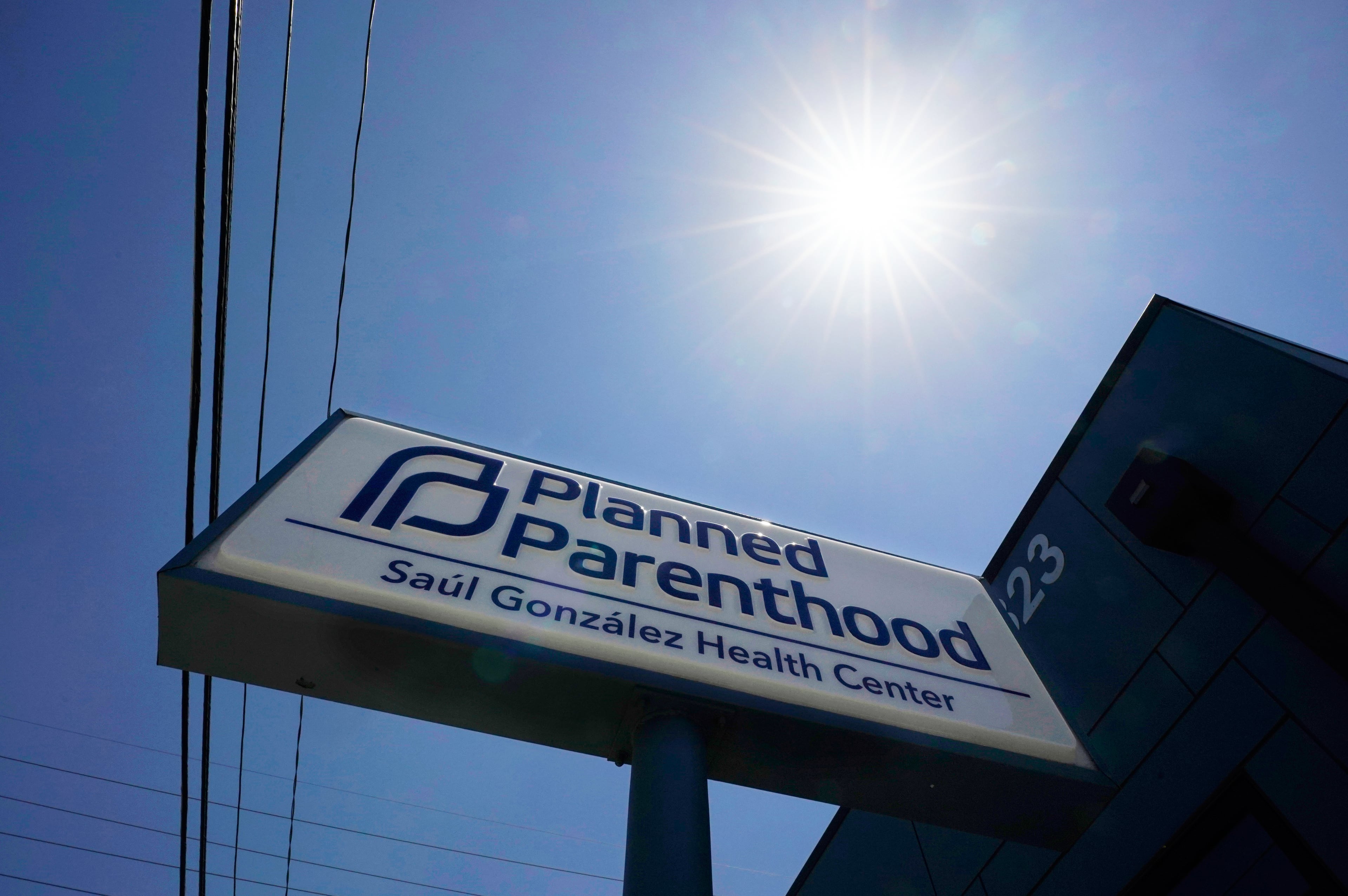Gwinnett narrowly approves grant funding for anti-abortion center

The Gwinnett County Board of Commissioners this week approved a federal grant package that contained $450,000 for a Lawrenceville-area crisis pregnancy center that does not refer patients for abortions.
The county commission voted 3-2 to allocate $8.5 million from the U.S. Department of Housing and Urban Development to local governments and nonprofit organizations, but the board split over the allocation to Georgia Wellness Group.
This grant would include $400,000 to support the purchase of a house to serve as a maternity home for six pregnant women and their children up to 18 months of age, according to county documents. The remaining funding would go to maternal mental health care in partnership with Sugar Hill Church and pediatric care at the maternity home, said Matt Dickison, director of the Gwinnett department of planning and development.
Commissioners Ben Ku and Kirkland Carden cast the dissenting votes.
Commissioner Jasper Watkins III, whose district includes the Georgia Wellness Center, and Chairwoman Nicole Love Hendrickson said the organization fills a critical need in the community by employing licensed medical professionals to provide prenatal care to underserved women.
Hendrickson also cited the possibility that Gwinnett could be sued or lose federal funding if the county rejected the grant application over political or ideological considerations.
“I’m not here to defend any one organization,” she said. “I’m here to defend the integrity of this process.”
Gwinnett County received 117 applications for HUD funding, requesting a total of more than $64 million, Dickison said. Georgia Wellness Group was the only organization applying for a maternal health care grant, he said.
“Community support” is one of the county’s criteria for evaluating applications, but Dickison said his department only considers public comment before recommending awards to commissioners and did not receive any comments until after Georgia Wellness Group was recommended.
The explanation led Ku to question the legitimacy of last month’s public hearing on the recommendations.
The County Commission has unanimously voted every year since 2020 to allocate federal Community Development Block Grant funding to Georgia Wellness Group, formerly known as the Pregnancy Resource Center of Gwinnett. The county awarded the organization about $700,000 from 2020 through last year, while it was affiliated with Obria, a national network of crisis pregnancy centers.
Former Obria CEOs have made controversial statements and the organization has been accused of lying about the family planning services it provides to receive federal grant funding.
Obria also promotes unproven abortion “reversal” procedures.
Georgia Wellness Group is still a faith-based organization but ended its affiliation with Obria last year, CEO Robin Mauck said. The organization does not offer abortion pill reversal, she said.
Georgia Wellness Group offers pregnancy options consults that present abortion as an option, Mauck said. But the organization does not refer patients for abortions or provide them.
Few if any people typically speak during the public comment portion of Gwinnett commission meetings, but commenters spent almost two hours Tuesday voicing support or opposition for the pregnancy center.
Aulani Villena, 18, of Hoschton, said she attended parenting classes and support groups Georgia Wellness Group after she became pregnant at 14. She now has a 3-year-old daughter, a job and is finishing high school.
“My experience was nothing but feeling safe, empowered and cared for,” she said. “I am excited to see them continuing to serve my community.”
Some opponents said Georgia Wellness Group had served them with cease and desist letters warning them against speaking publicly.
Andrea Swartzendruber, a University of Georgia epidemiology and biostatistics professor, said she was among them. She said major medical professional associations recommend abortion referrals be provided upon request.
After the U.S. Supreme Court three years ago overturned Roe v. Wade, ending federal constitutional protections for abortion, Georgia banned the procedure once fetal cardiac activity can be detected, typically about six weeks into a pregnancy and before many know they are pregnant. Since then, the number of Georgians traveling to other states for abortions has spiked.
Georgia Wellness Group also offers low- or no-cost prenatal care, sexually transmitted infection testing and treatment, gynecological services, maternal mental health care and post-pregnancy support, according to the organization.



